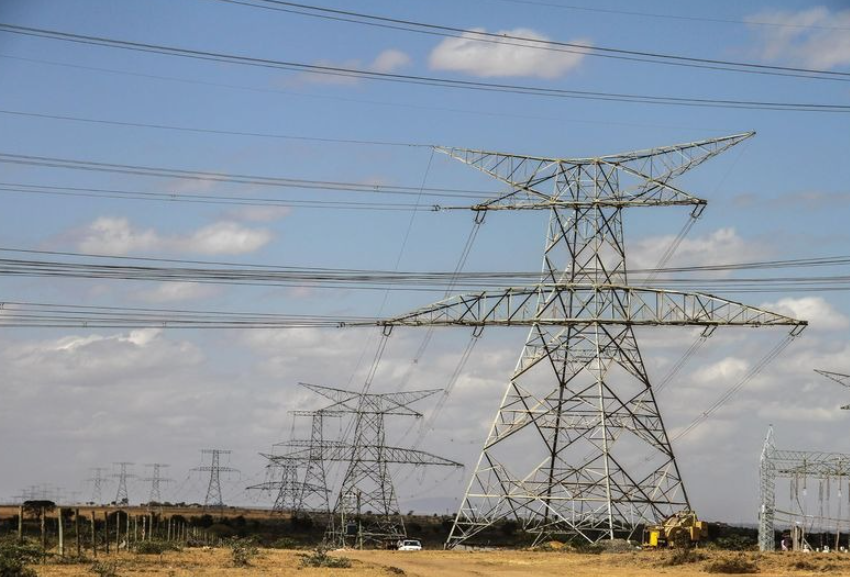Tax policy should eye economic growth, equity

Rightfully, Kenyans are up in arms against the punitive tax regime contained in the 2024 Finance Bill. But instead of groping in the dark, we can look for best practices from the tax policies of countries like China that have mastered the art of balancing between economic development and the people’s welfare.
As China’s economy continues to transform and adapt to global and domestic challenges, its tax policy remains a pivotal tool in shaping economic outcomes and social equity.
Over the past few years, its tax reforms have aimed at supporting economic growth, fostering innovation, reducing inequality and ensuring environmental sustainability.
China’s government has implemented a series of tax cuts and incentives to stimulate economic growth, particularly in the face of global economic uncertainties. Small and medium-sized enterprises, which form the backbone of China’s economy, have benefited from reduced corporate tax rates and simplified tax procedures.
These measures are designed to ease the financial burden on businesses, encouraging entrepreneurship and investment. In the realm of innovation, China has introduced tax incentives for research and development.
Companies investing in new technologies and innovative projects can enjoy significant tax deductions. This policy not only boosts domestic innovation but also aligns with China’s strategic goal of becoming a global leader in high-tech industries.
In line with President Xi Jinping’s vision of “common prosperity”, China’s tax policy is increasingly focused on reducing income inequality and promoting social welfare. One of the most significant changes was the adjustment of personal income tax brackets and the increase in tax-free allowances.
These changes aim to lighten the tax burden on low and middle-income earners while ensuring that high-income individuals contribute a fairer share.
Additionally, the government has enhanced social security contributions and expanded public services funded by tax revenues. This approach seeks to improve living standards, particularly in rural and underdeveloped regions, thereby narrowing the urban-rural divide.
China’s commitment to environmental sustainability is reflected in its tax policy as well. The government has introduced green taxes to discourage pollution and incentivise environmentally friendly practices.
For instance, companies that exceed pollution limits face hefty fines, while those investing in renewable energy and clean technologies benefit from tax breaks and subsidies.
Moreover, the introduction of a carbon trading system aims to reduce greenhouse gas emissions by making it financially advantageous for companies to lower their carbon footprint. This market-based approach is part of China’s broader strategy to achieve carbon neutrality by 2060.
To enhance tax compliance and efficiency, China has invested heavily in modernising its tax administration system. The use of big data, artificial intelligence and blockchain technology has revolutionised tax collection and monitoring, reducing tax evasion and fraud.
The integration of digital platforms has also streamlined tax filing processes for both individuals and businesses.
The government’s focus on transparency and anti-corruption has led to stricter enforcement of tax laws. High-profile cases of tax evasion among celebrities and corporations have underscored the government’s commitment to ensuring that everyone adheres to tax regulations.
As a major player in the global economy, China is actively participating in international tax cooperation. The country is aligning its tax policies with global standards to combat base erosion and profit shifting.
The writer is a PhD candidate in International relations.












